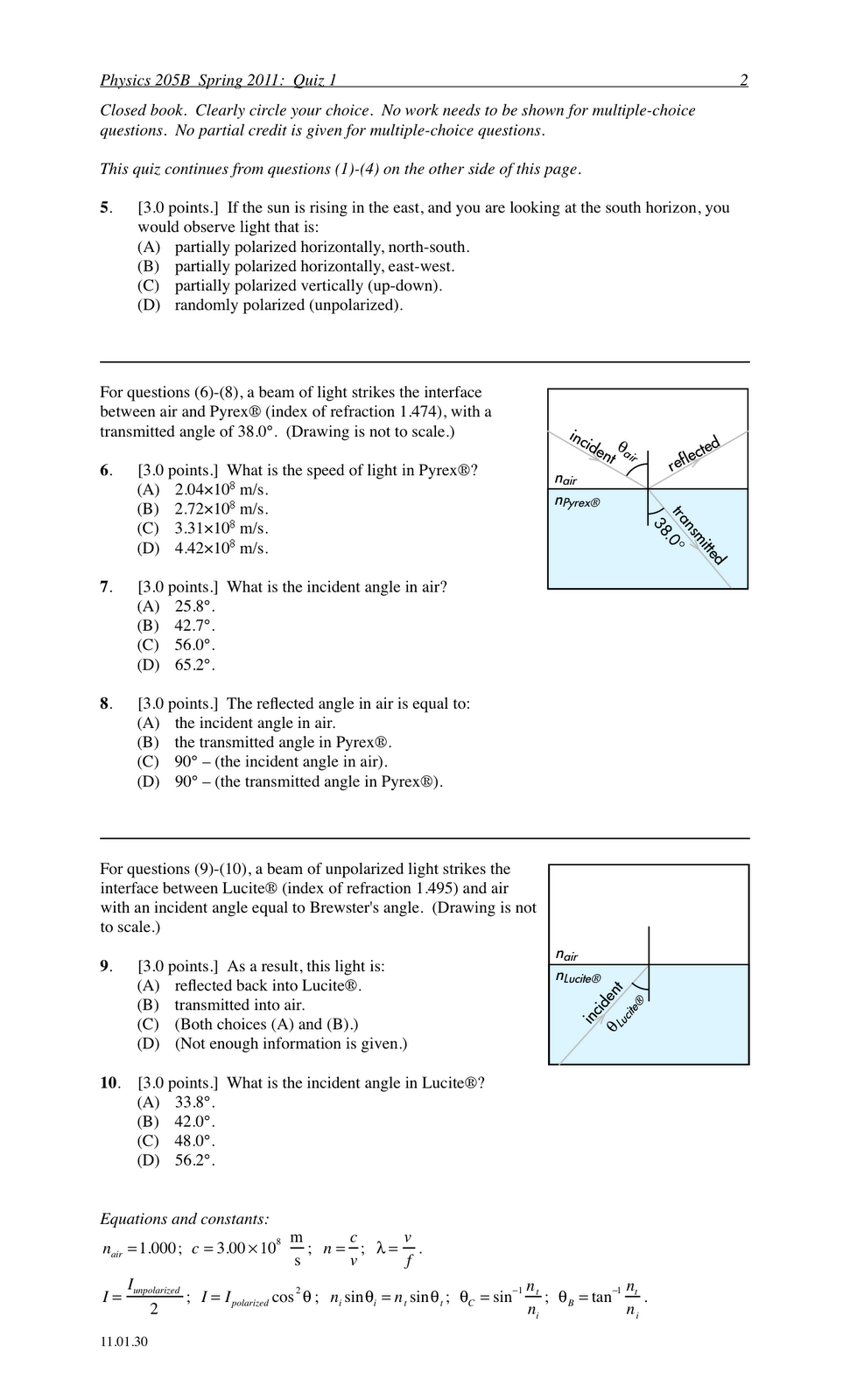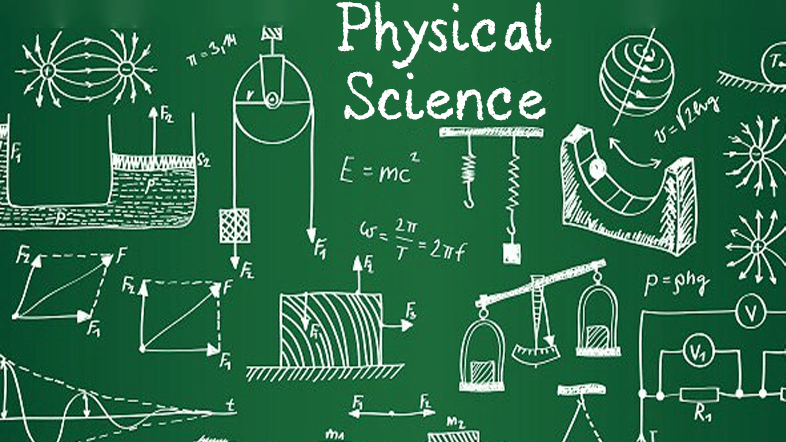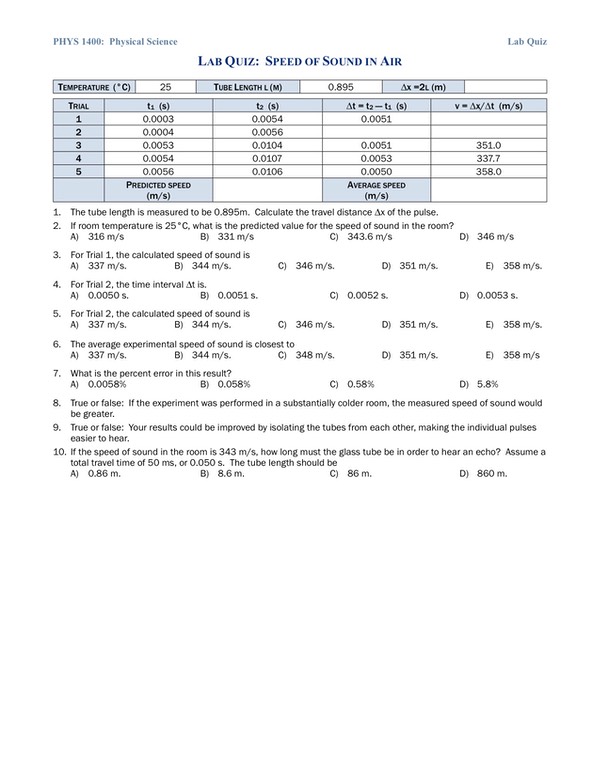

The final paragraph starts off with a literature review telling us what sorts of previous studies have been performed on this topic. The third paragraph tells us why the current study is so important. The second paragraph narrowed the discussion down to talk specifically about how exercise is related to bone fractures. In the first paragraph of this introduction we learned some general information about bone fractures. This study therefore investigated the impact of physical activity on the risk of fracture in a population-based cohortof men followed over a 35-y period. Thus, it is uncertain whether, to what extent, and at what level physical activity influences the risk of osteoporotic fractures in men. In addition, only a few studies have taken possible confounding by poor health into account, and in none of the studies has it been considered that changes in physical activity and other lifestyle habits might have occurred during follow-up. The analyses in the positive reports have involved few osteoporotic fractures, and no consistent dose-response pattern has been detected. Lack of validation and the absence of regular assessment of physical activity during follow-up may be factors that explain these contradictory results. Whereas some studies in men report significant reductions in risk with a high physical activity, others do not. Therefore, it is not surprising that there are no randomized trials in this area.Īlthough moderate levels of leisure physical activity, such as walking, are associated with a substantially lower risk of hip fracture in postmenopausal women, data from prospective observational fracture studies in men are inconsistent. The investigation of the effects of physical activity on the most important outcome-fracture risk-should ideally be evaluated in a randomized study, but this design is unlikely to ever be well performed owing to methodological issues, e.g., study size, compliance, drop-outs, blinding and long-term follow-up. However, the clinical relevance regarding exercise for maintaining or improving bone mineral density in adult men cannot be determined from existing studies. Physical activity, one conceivable and modifiable risk factor, can prevent fractures by improving muscle mass and balance, and by increasing skeletal strength, and thus reducing the risk of injurious falls. The fracture risk is influenced both by the genetic constitution and by environmental factors, with lifestyle becoming more important with increasing age. Osteoporotic fractures, particularly hip fractures, constitute a large and growing problem worldwide, in both women and men, with a profound impact on quality of life and mortality. You should also leave out the results, which will go in the Resultssection. Save these for the Materials and Methods section. The introduction should not include details about the procedures you used in your study.

For instance, let's say you are writing a lab report about an experiment where you tested the effect of temperature on the enzyme catalase. Start off with a very broad introduction to the topic.Here are some tips for organizing your introduction: It could be anywhere from three or four paragraphs to a couple pages long, depending on the complexity of the topic and, of course, the requirements of your instructor.

While the abstract was a very short summary of the entire paper, the introduction will be a longer section with more detail.

It's kind of like the first paragraph in a short story or the first act of a play. The introduction of your lab report is a chance for you to "hook" the reader and preview the important details you'll be talking about in the later sections of the paper.


 0 kommentar(er)
0 kommentar(er)
